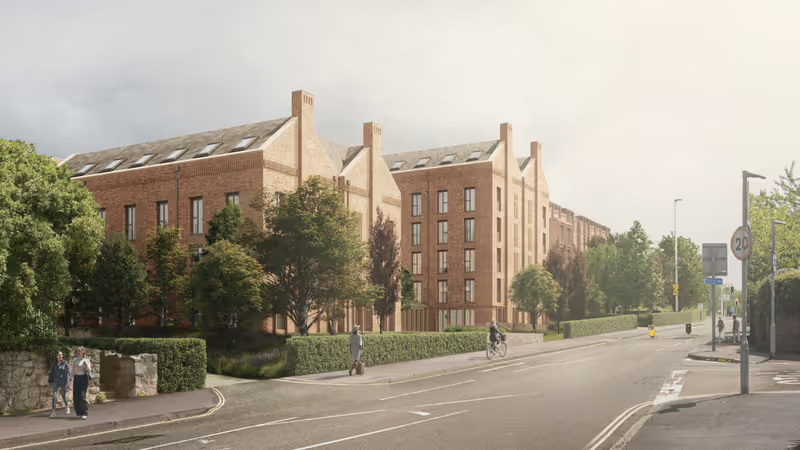Junior doctors at the Royal Devon NHS Trust are going on strike again from this Thursday, one week before the general election is held on 4 July.
British Medical Association (BMA) members will embark on their latest five day strike following a ballot in which 97.97% voted in favour of industrial action.
The walkout is part of an ongoing national dispute between the government and health service staff about pay and employment conditions.
In a letter sent last week, the BMA offered the Prime Minister a “final chance” to settle the dispute.
It said the scheduled strike action, the eleventh by junior doctors since March last year, could be averted if he were to commit to implementing a “comprehensive deal” should he form the next government.
 Royal Devon and Exeter hospital at Wonford
Royal Devon and Exeter hospital at Wonford
The BMA announced this latest round of strike action at the end of May after three months of pay negotiations with the government failed to produce agreement.
BMA junior doctors committee co-chairs Dr Robert Laurenson and Dr Vivek Trivedi said: “We made clear to the government that we would strike unless discussions ended in a credible pay offer.”
They added: “When we entered mediation with government this month we did so under the impression that we had a functioning government that would soon be making an offer.
“Clearly no offer is now forthcoming. Junior doctors are fed up and out of patience.”
“Even at this late stage the prime minister has the opportunity to show that he cares about the NHS and its workers. It is finally time for him to make a concrete commitment to restore doctors’ pay.”
 Striking nurses at the Royal Devon and Exeter Hospital in December 2022
Striking nurses at the Royal Devon and Exeter Hospital in December 2022
The BMA began its campaign for increased pay in June 2022 after a vote at its annual conference.
Trade unions said a government pay offer made the following month amounted to a real-terms pay cut, particularly in the context of the cost of living crisis.
A series of strikes over pay and conditions by NHS staff including nurses, consultants, junior doctors, radiographers and ambulance workers have since take place.
Doctors said that years of pay freezes and 1% annual salary uplifts meant that the value of their take-home pay had fallen by almost a third since 2008.
The BMA is seeking a pay rise of up to 35% over the next five years to restore pay to 2008 levels.
 Royal Devon and Exeter hospital at Heavitree
Royal Devon and Exeter hospital at Heavitree
Junior doctors – hospital doctors who are not consultants – make up almost half of all doctors in hospitals in England.
They voted to take industrial action in January last year, resulting in a three day strike in March.
A series of strikes then followed in April, June, July and August.
Then, later that month, consultants held a two day strike during a further four day strike by junior doctors, the first time the two groups had taken strike action simultaneously.
Consultants and junior doctors were then joined by radiologists for a three day strike in early October.
Junior doctors also took industrial action either side of last Christmas for nine days, the longest strike in NHS history, followed by a four day strike in February this year.
The latest round of strikes is taking place for five days between 7am on Thursday 27 June and 7am on Tuesday 2 July.
NHS advice is to attend planned appointments as normal unless you have been informed otherwise.
Emergency departments and minor injury units will remain open throughout the strike but the public are advised to visit their local pharmacy or GP for medical problems that are not critical or life threatening.










